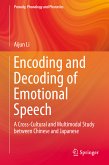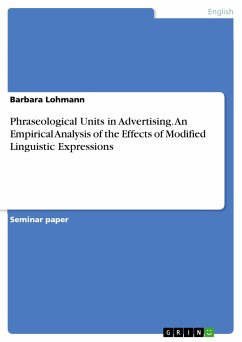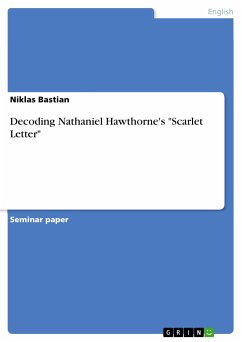Idioms are universal to all languages, and figurative language is pervasive in everyday discourse. However, idiom studies rarely touch on the problems figurative language can present to non-native speakers. This book sets out to provide an original analysis of the issue, focusing on a number of languages, including Arabic, Berber, French and English. The author addresses the question of idiomaticity from linguistic, psycholinguistic and pedagogical perspectives, highlighting in particular the strategies used by Arab learners (primarily Saudis and Algerians) to decode and encode idioms.
The book explores in detail the process of identifying idioms and the factors that affect comprehension. The author also analyses the current state of bilingual Arabic-English-Arabic dictionaries and asks to what extent learners can rely on them as a source for decoding idioms.
The book explores in detail the process of identifying idioms and the factors that affect comprehension. The author also analyses the current state of bilingual Arabic-English-Arabic dictionaries and asks to what extent learners can rely on them as a source for decoding idioms.
Dieser Download kann aus rechtlichen Gründen nur mit Rechnungsadresse in A, B, BG, CY, CZ, D, DK, EW, E, FIN, F, GR, HR, H, IRL, I, LT, L, LR, M, NL, PL, P, R, S, SLO, SK ausgeliefert werden.









